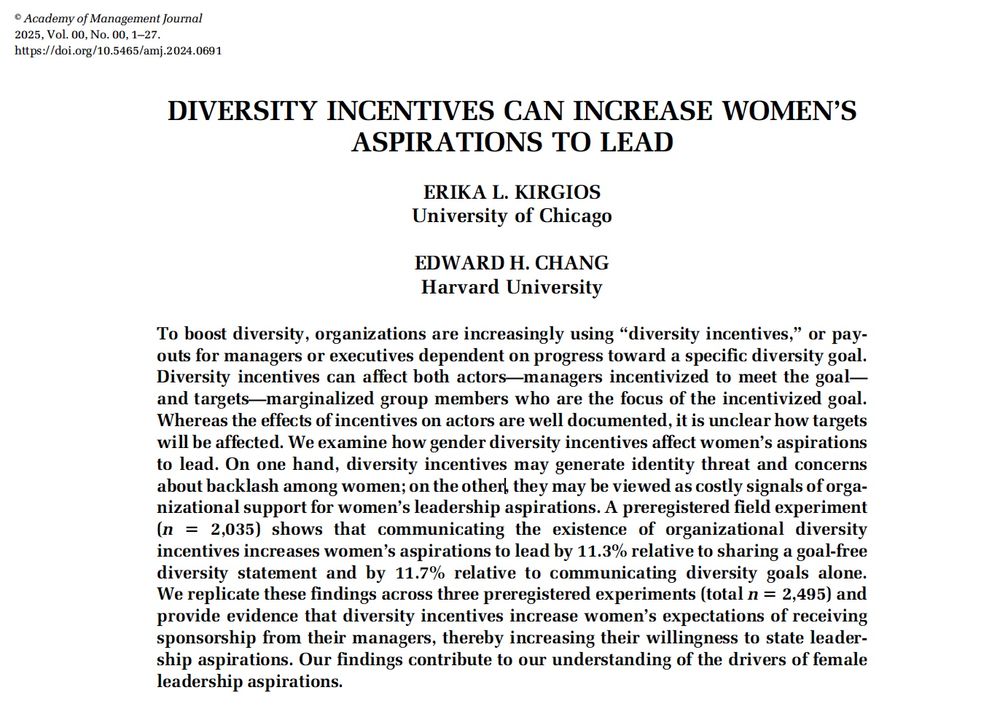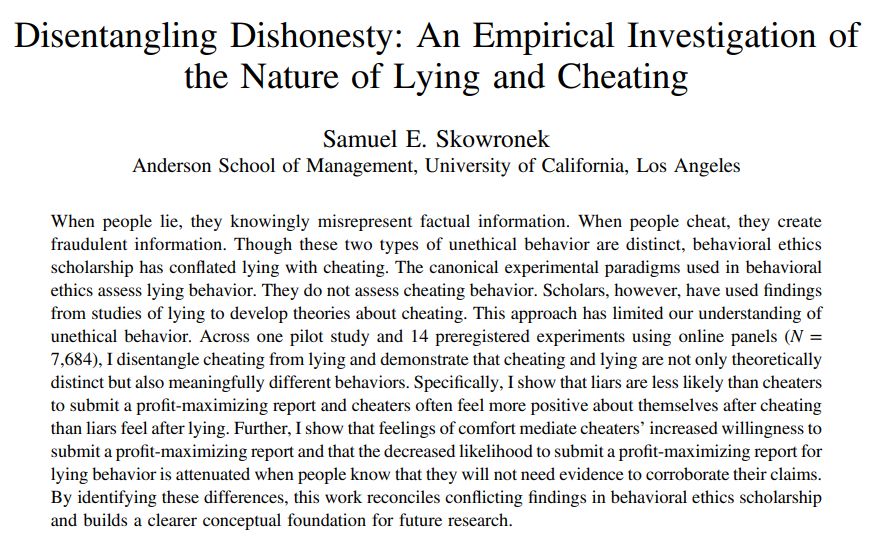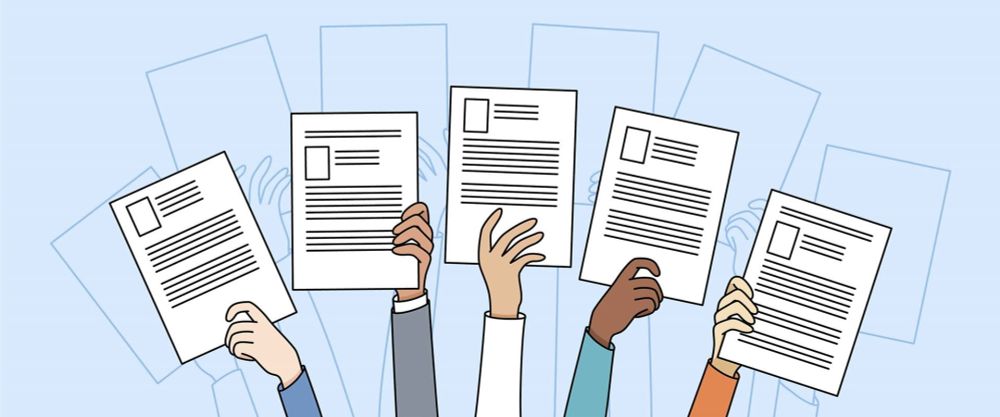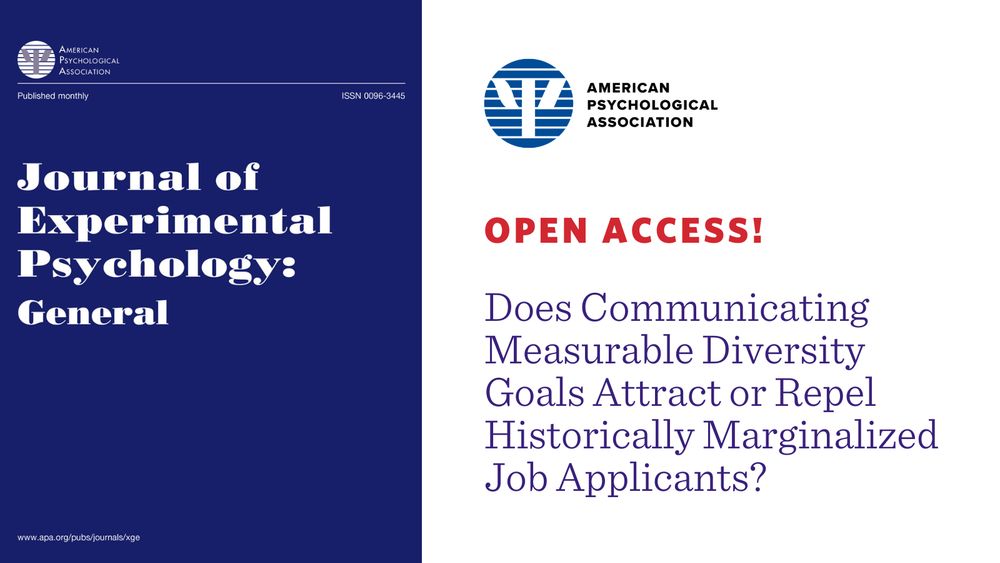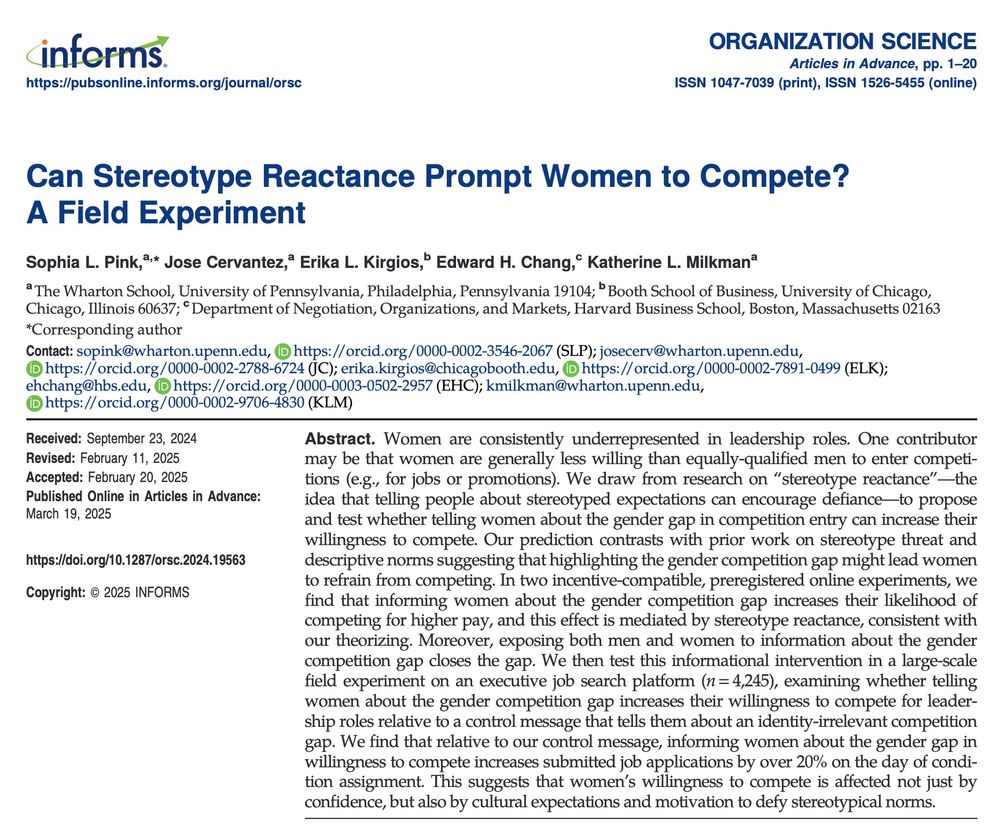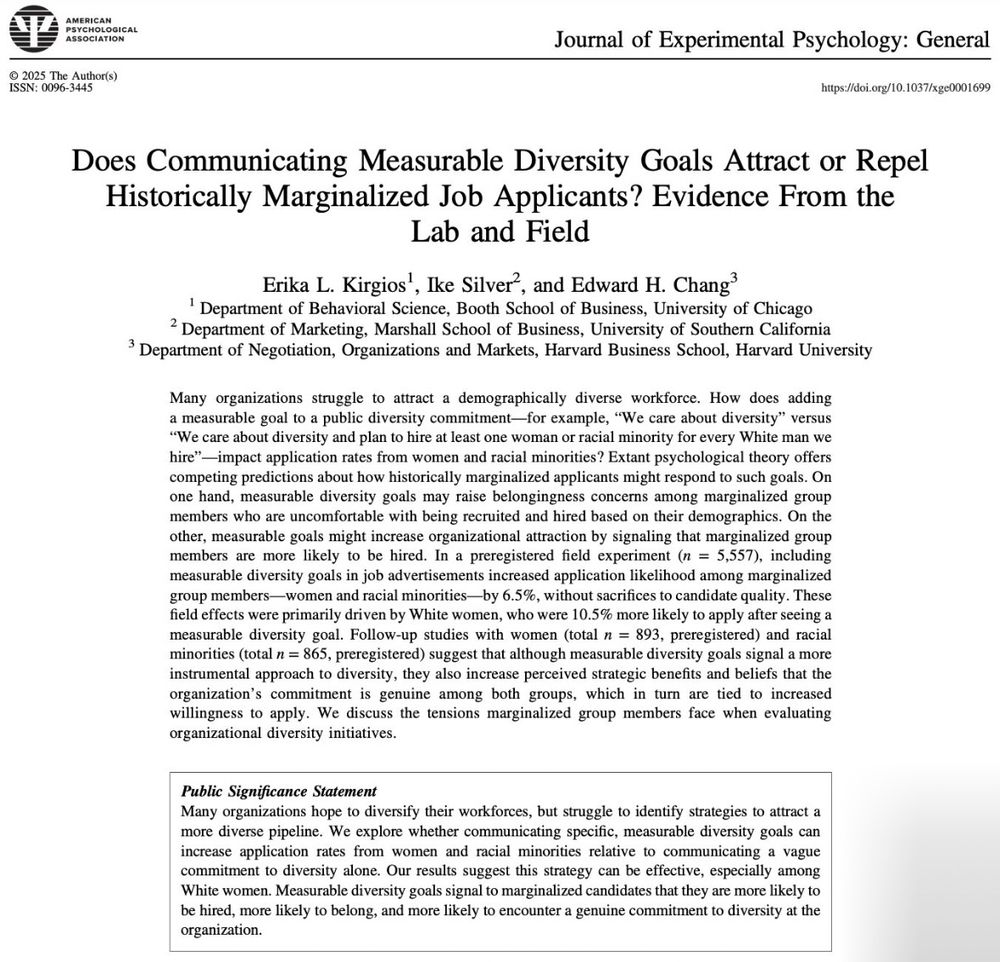Erika Kirgios
@erikakirgios.bsky.social
500 followers
100 following
24 posts
Assistant Professor of Behavioral Science at Chicago Booth
Wharton OID PhD
Princeton '17
I study gender & race and prosocial behavior
she, her, hers
https://www.erikakirgios.com/
Posts
Media
Videos
Starter Packs
Erika Kirgios
@erikakirgios.bsky.social
· Jun 17
Erika Kirgios
@erikakirgios.bsky.social
· Jun 17
Erika Kirgios
@erikakirgios.bsky.social
· Jun 17
Erika Kirgios
@erikakirgios.bsky.social
· Jun 17
Erika Kirgios
@erikakirgios.bsky.social
· Jun 17
Erika Kirgios
@erikakirgios.bsky.social
· Jun 17
Erika Kirgios
@erikakirgios.bsky.social
· Jun 17
Reposted by Erika Kirgios
Reposted by Erika Kirgios
Reposted by Erika Kirgios
Erika Kirgios
@erikakirgios.bsky.social
· Jan 16
Erika Kirgios
@erikakirgios.bsky.social
· Jan 16
Erika Kirgios
@erikakirgios.bsky.social
· Jan 16
Erika Kirgios
@erikakirgios.bsky.social
· Jan 16
